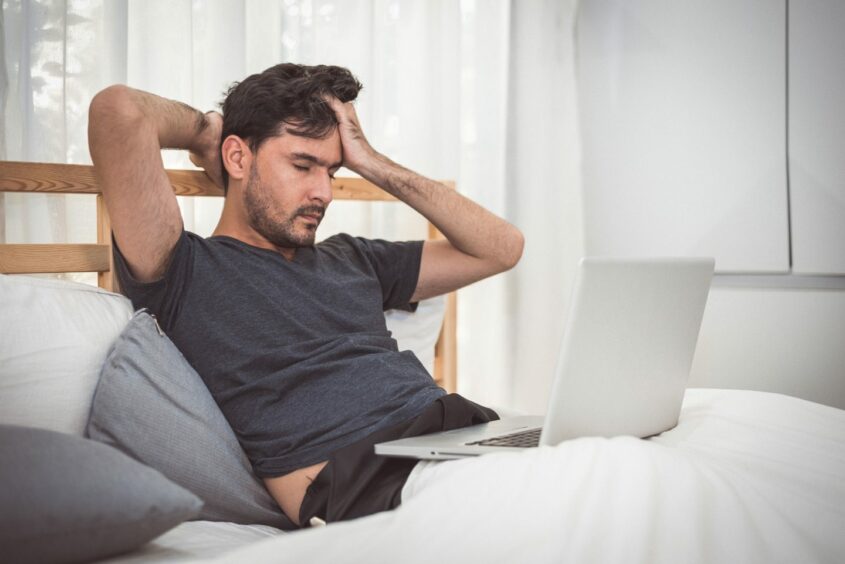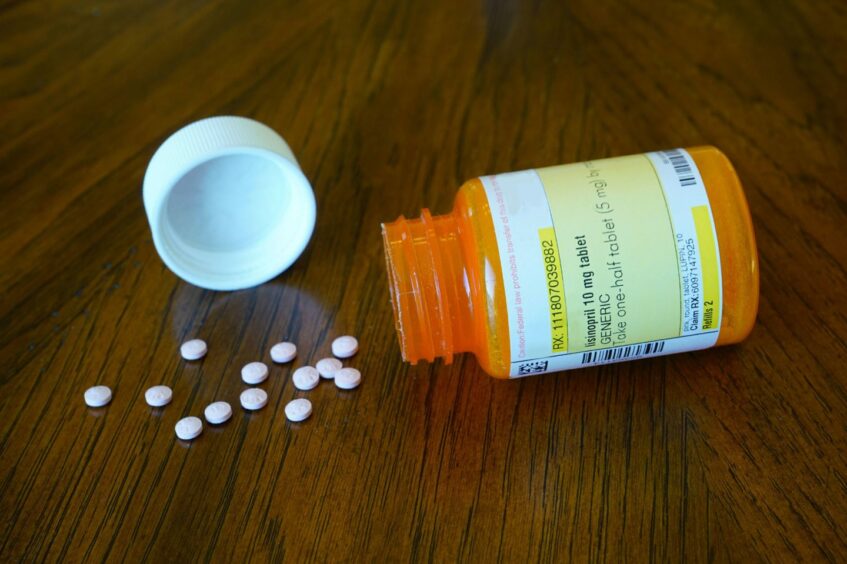Life can seem pretty stressful right now. From the cost of living crisis to worrying about winter, work and everything in between, it seems there is plenty to feel frantic about.
And when stress levels spike, it can feel like our pulse and blood pressure surge too – so is this cause for genuine concern?
To mark Know Your Numbers Week (September 5-11), which aims to raise awareness of the importance of getting your blood pressure checked, we talked to an expert…
What is high blood pressure?
“Blood pressure is the force of blood against your blood vessels and the rate at which your heart is having to push your blood through your body,” explains Sindy Jodar, a senior cardiac nurse at British Heart Foundation (bhf.org.uk).
“You need to have a certain amount of pressure in your arteries to keep blood moving.”
If that pressure becomes too high, however, it can lead to some potentially serious health problems – including an increased risk of stroke, heart attack, kidney disease and vascular dementia.
Although there are ways to help manage and treat high blood pressure, part of the problem is people often don’t know they’re affected.
“High blood pressure can go undiagnosed for a long time,” says Jodar. “In rare cases, people are symptomatic, but normally you won’t know you have it” – which is why it’s often dubbed a “silent killer”.
If you do get symptoms, she says these may be “dizziness, shortness of breath, blurred vision and headaches. You may also get chest pains. But it is often completely unnoticeable until you go to a hospital for something else and get it checked.
“One in four adults have high blood pressure knowingly, but as many as five million people in the UK could have undiagnosed issues,” Jodar adds.
Does stress cause high blood pressure?
Although we often talk about stress being a concern when it comes to high blood pressure, it’s not recognised as a key cause in the long-term.
“Stress does not directly cause an increase,” says Jodar. “Be it work-related, financial or personal stress, in a stressful situation your body will release hormones like adrenaline, which will increase blood pressure as your heart is beating faster and your body is trying to cope with this stress. This can be the catalyst of a sudden dramatic increase, but normally will go straight back down after.”
This doesn’t mean stress can’t be part of the picture, however, as it may have an indirect influence on our overall health, including things such as blood pressure.
As Jodar adds: “Stress in the long-term can also cause us to take up unhealthy habits, eating comfort food, smoking, drinking or not exercising, which can then push up your blood pressure. If left untreated, you may find yourself suffering from strokes, heart disease, heart attacks and vascular dementia.”
What are the main causes of high blood pressure?
Lifestyle/environmental factors play a key role in high blood pressure. Jodar says some of the leading causes include “lack of exercise, immense weight gain, salt consumption and excessive alcohol consumption”.
However, other factors can also come into play, including age and genetics. “As we get older, blood pressure will often increase. If you are in a family with a record of high blood pressure issues, you are more likely to struggle. Ethnicity can also play a part. Afro-Caribbean and South Asian people are more likely to struggle with high blood pressure,” says Jodar.
What else do you need to know?
If you’re concerned about your blood pressure or have never had it tested, it’s a good idea to start here – you can contact your GP surgery, although high street pharmacies often offer blood pressure checks too. They can provide tailored advice if your blood pressure is found to be high.
Managing stress is important for everyone too, whether or not you already have high blood pressure.
“Try and focus on what you can change, ask for help, stop for a bit and try and get your stress levels lower to protect your health,” suggests Jodar. “Yoga, meditation and mindfulness could help your stress levels and your health.”





Conversation